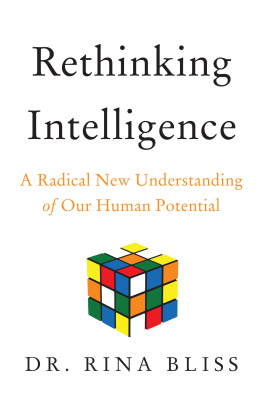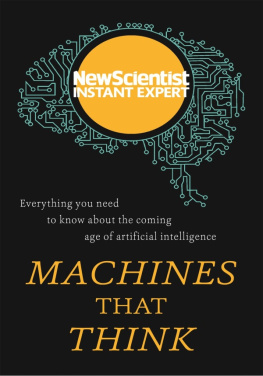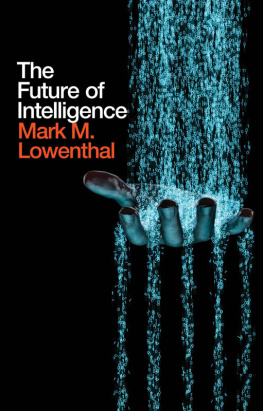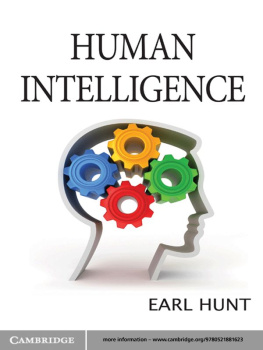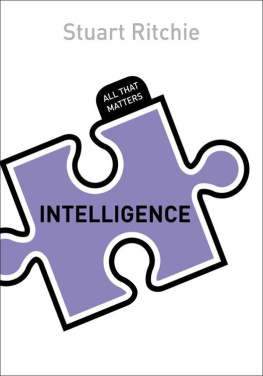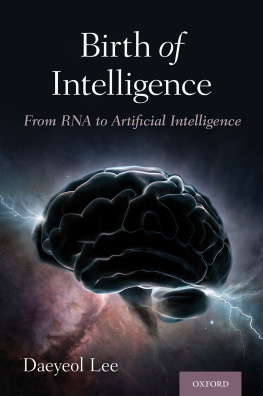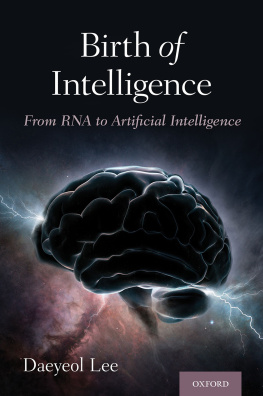Rina Bliss - Rethinking Intelligence: A Radical New Understanding of Our Human Potential
Here you can read online Rina Bliss - Rethinking Intelligence: A Radical New Understanding of Our Human Potential full text of the book (entire story) in english for free. Download pdf and epub, get meaning, cover and reviews about this ebook. year: 2023, publisher: Harper Wave, genre: Politics. Description of the work, (preface) as well as reviews are available. Best literature library LitArk.com created for fans of good reading and offers a wide selection of genres:
Romance novel
Science fiction
Adventure
Detective
Science
History
Home and family
Prose
Art
Politics
Computer
Non-fiction
Religion
Business
Children
Humor
Choose a favorite category and find really read worthwhile books. Enjoy immersion in the world of imagination, feel the emotions of the characters or learn something new for yourself, make an fascinating discovery.
- Book:Rethinking Intelligence: A Radical New Understanding of Our Human Potential
- Author:
- Publisher:Harper Wave
- Genre:
- Year:2023
- Rating:4 / 5
- Favourites:Add to favourites
- Your mark:
Rethinking Intelligence: A Radical New Understanding of Our Human Potential: summary, description and annotation
We offer to read an annotation, description, summary or preface (depends on what the author of the book "Rethinking Intelligence: A Radical New Understanding of Our Human Potential" wrote himself). If you haven't found the necessary information about the book — write in the comments, we will try to find it.
A genetics expert and professor challenges our understanding of intelligence, explaining what it truly means to be smart, why conventional assessments are misleading, and what everyone can do to optimize their potential.
Growing up in middle-class suburban Los Angeles in the 1980s, Rina Bliss was saw intelligence as her ticket out. Like height and stature, intelligence was said to run in families. The prevailing idea was that mental capacity was determined by our DNA and could be measured; a simple IQ test could predict a childs future.
Yet, once Dr. Bliss looked closer, first as a student, then as a scientist, and later as a mom of identical twins who share a genome, she began to challenge conventional wisdom about innate intelligence. In Rethinking Intelligence, she shares her findings, drawing on cutting-edge scientific research to offer a new model for how we understand, define, and assess intelligence, using a measurement that is far more flexible and expansive.
Intelligence has little to do with standardized test results or other conventional measures of intellect, Dr. Bliss argues. Intelligence is a process, a journey defined by change that cannot be scored or taken away. Intelligence is influenced by our surroundings in ways that are often overlookedmore than Baby Mozart or flash cards or superfoods, factors like stress, connection, and play actually sculpt young minds.
In Rethinking Intelligence, Dr. Bliss shares insights from the burgeoning science of epigenetics to help us harness our environments to empower our minds. If we truly want to nurture potential, we must eliminate toxic stress so that our genes can work optimally, in harmony with our environment. Dr. Bliss offers successful strategies we can use as individuals and a society, including embracing a growth mindset, prioritizing connection, becoming more mindful, and reforming systemic issuespoverty, racism, the lack of quality early childhood educationthat have a negative and lasting neurobiological impact.
Joining acclaimed works by Carol Dweck, Amy Cuddy, and James Clear, Rethinking Intelligence reframes human behavior and intellect, offering a new perspective for understanding ourselves and our children, and the practical tools necessary to thrive.
Rina Bliss: author's other books
Who wrote Rethinking Intelligence: A Radical New Understanding of Our Human Potential? Find out the surname, the name of the author of the book and a list of all author's works by series.

